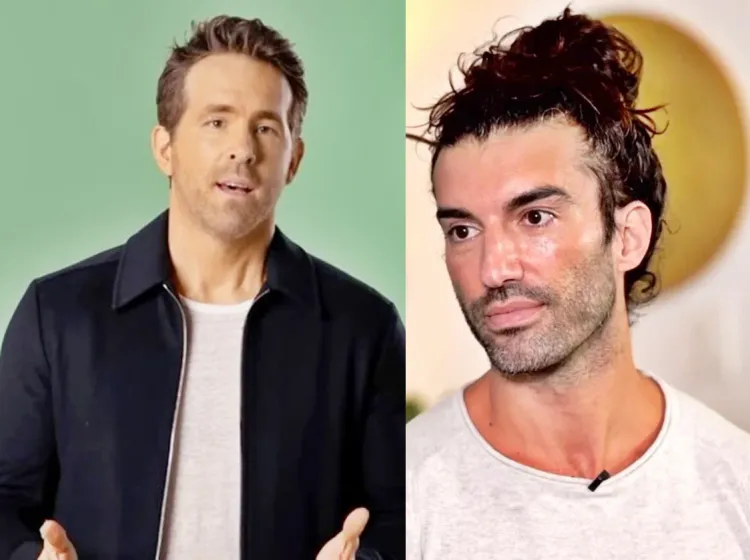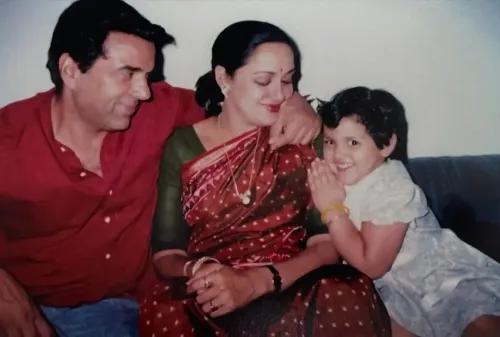Ryan Reynolds Dismisses Justin Baldoni's Lawsuit: Can't Sue for 'Hurt Feelings'

Synopsis
Key Takeaways
- Ryan Reynolds seeks dismissal of Justin Baldoni’s lawsuit.
- The lawsuit claims Reynolds mocked Baldoni using the character 'Nicepool'.
- Legal team argues that Baldoni's claims arise from hurt feelings.
- First Amendment rights are cited in defense of Reynolds.
- Case includes allegations of sexual harassment and defamation.
Los Angeles, March 19 (NationPress) The legal dispute involving Hollywood actress Blake Lively and actor-director Justin Baldoni is evolving as time goes on.
Recently, Blake's husband, Hollywood star Ryan Reynolds, has requested that a court dismiss Justin Baldoni‘s legal accusations against him, asserting that the actor cannot pursue a lawsuit over “hurt feelings,” as reported by Variety.
In the lawsuit, Ryan was accused of mocking and bullying Baldoni by utilizing the character of 'Nicepool' in 'Deadpool & Wolverine' to caricature Baldoni’s “woke feminist” persona.
According to Variety, in a motion filed on Tuesday to dismiss the case, Reynolds’ legal team did not contest that Nicepool is modeled after Baldoni, but contended that Baldoni exhibited “thin-skinned outrage” in his complaints.
Baldoni directed 'It Ends With Us', a film in which he and Blake Lively co-star. Following the film’s successful premiere last summer, Lively accused Baldoni of sexually harassing her on set and of employing his publicists to disseminate negative narratives about her.
Baldoni retaliated with a countersuit against her and Reynolds, claiming they were attempting to ruin his career with false accusations. In the lawsuit, Baldoni claimed that Reynolds had scolded him for allegedly “fat shaming” Blake Lively.
Furthermore, he accused Reynolds of labeling him a “sexual predator” and pressuring his agency, WME, to terminate him as a client.
In the motion to dismiss, Ryan Reynolds’ attorneys contend that it does not constitute defamation if Ryan Reynolds sincerely holds that belief.
The “claims indicate that Mr. Reynolds truly, perhaps passionately, perceives that Mr. Baldoni’s conduct is indicative of a ‘predator’,” the motion asserts. “The law dictates that labeling someone a ‘predator’ is protected as a constitutionally safeguarded opinion… While Mr. Baldoni ‘may not appreciate being labeled’ a predator, such hurt feelings do not warrant legal action.”
The motion further argues that Reynolds was not making a verifiably false statement but merely expressing his “unapologetic negative viewpoint on Mr. Baldoni’s character.”
“Mr. Reynolds is entitled, under the First Amendment, to regard Mr. Baldoni, or any man he believes has sexually harassed his wife, with a ‘profound disdain’,” the motion states.
The motion also claims that the lawsuit is lacking in several other respects.
“Essentially, it resembles a burn book filled with grievances aimed at shaming Mr. Reynolds for being the type of man who is ‘secure enough to listen’ to the woman in his life and to support her ‘anguish’,” the complaint concludes.









